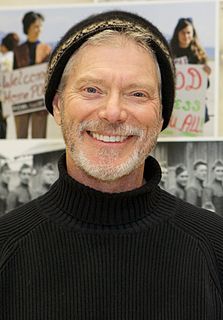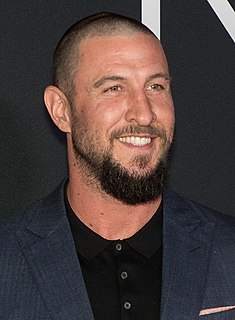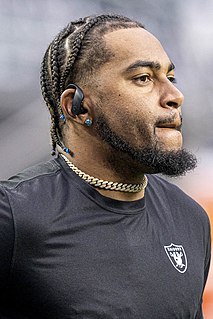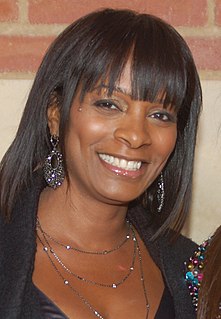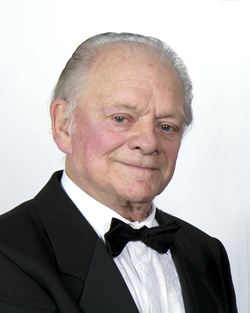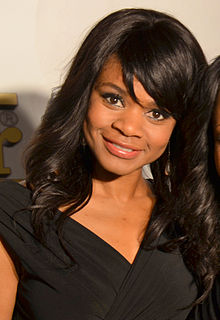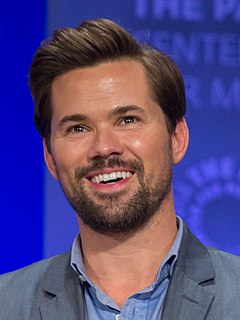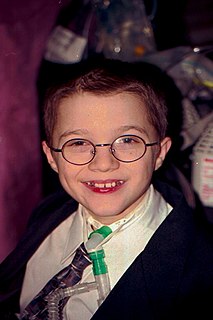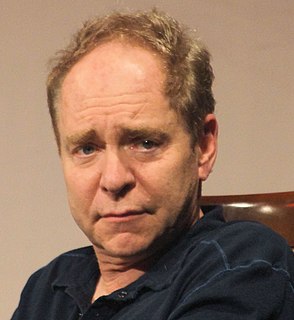A Quote by Stephen Lang
I get a lot of people coming up to me and saying, "I really hate you." And they say it in the nicest possible way and I accept it. It's the people who come up to you and say, "I really liked your character. Man, he was right!" Those are the ones you worry about.
Related Quotes
People don't stop me on the street and throw things at me. But I'm aware of what that dynamic is, so whenever people react strongly to a character and say that they hate me, I take it as a job well done. And for most people, there's a sense of removal. Most people are not saying, "Oh, my god, I hate you!" Most people that have reactions say, "I love to hate your character."
At this point, a lot of people have made their mind up about me one way or another. I'm sure there's a certain segment of writers who won't ever give me the time of day, hate me, don't get me, don't think I'm good, or whatever. I guess that's fine. It's only an opinion. There are other people who do get it, and can be objective. I could be wrong, but a lot of people, except for really young people, have made up their minds one way or the other.
One thing I've learned in my career is that you don't have to answer people right away. I've learned how to say, "Can I get back to you about that?" Now I've given myself time to really assess what you asked me to do or what the situation is, think about it, then come up with a plan. Then by doing that, when I come back to you, it's not what I say it's how I say it.
I'm happy to say I haven't received that much negative feedback. I'm always thrilled when I get feedback from young people, particularly from The New Normal, young gay people - when they say they want that when they grow up, that means a lot to me. As a kid growing up, I didn't really have a lot of gay role models on television, so it's nice to be part of a movement that gives some more of those.
My daughter loved All About Steve movie, because she's 6 feet tall and she's different. And I got a lot of great e-mails from people who are different. I'm a gay icon. I'll just say it. That's what they say to me, so I'll accept it. I got so many e-mails saying that it meant so much to those people. My daughter said, "They didn't like it just because she didn't get the guy! If they had lived happily ever after, people would have liked that movie."
